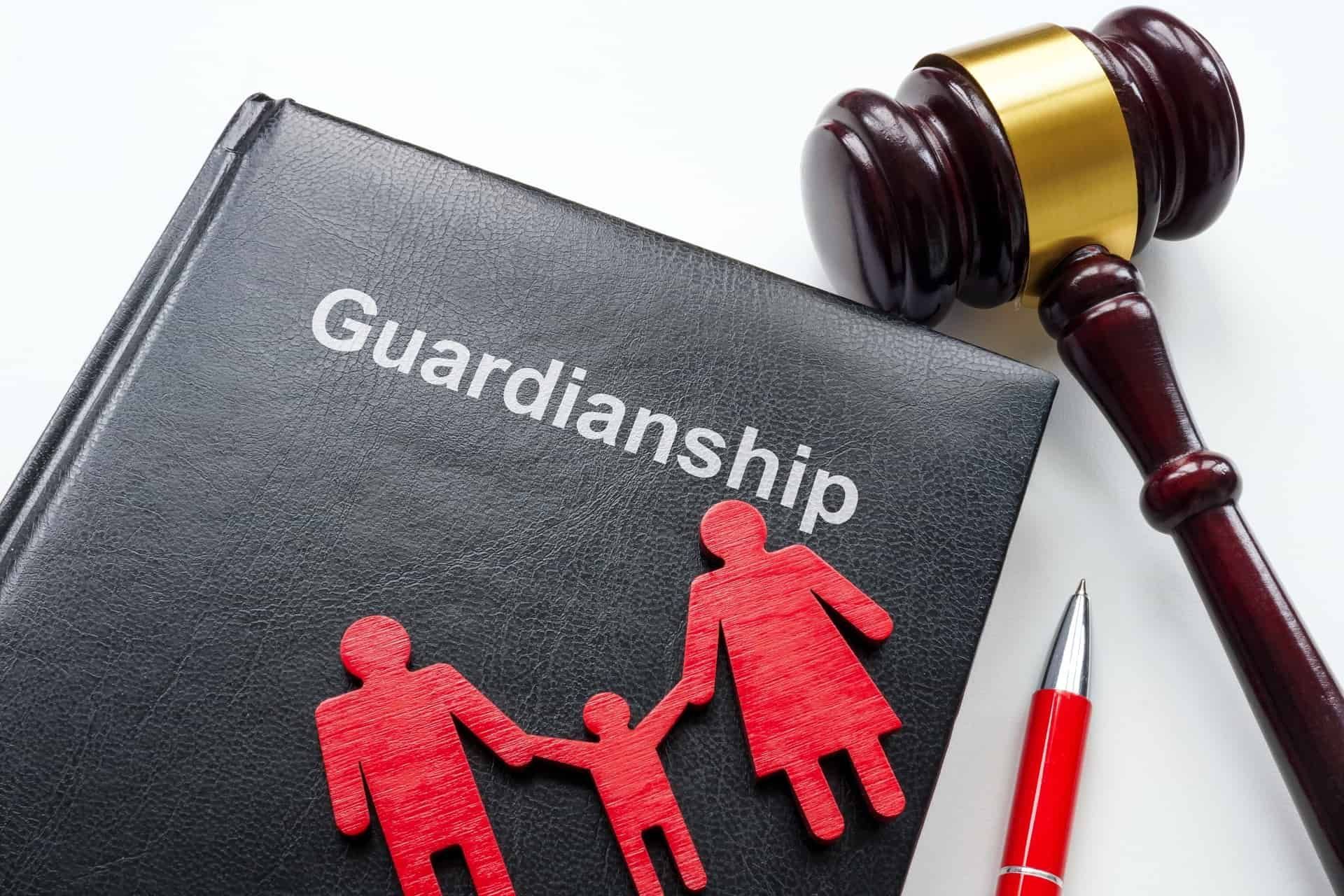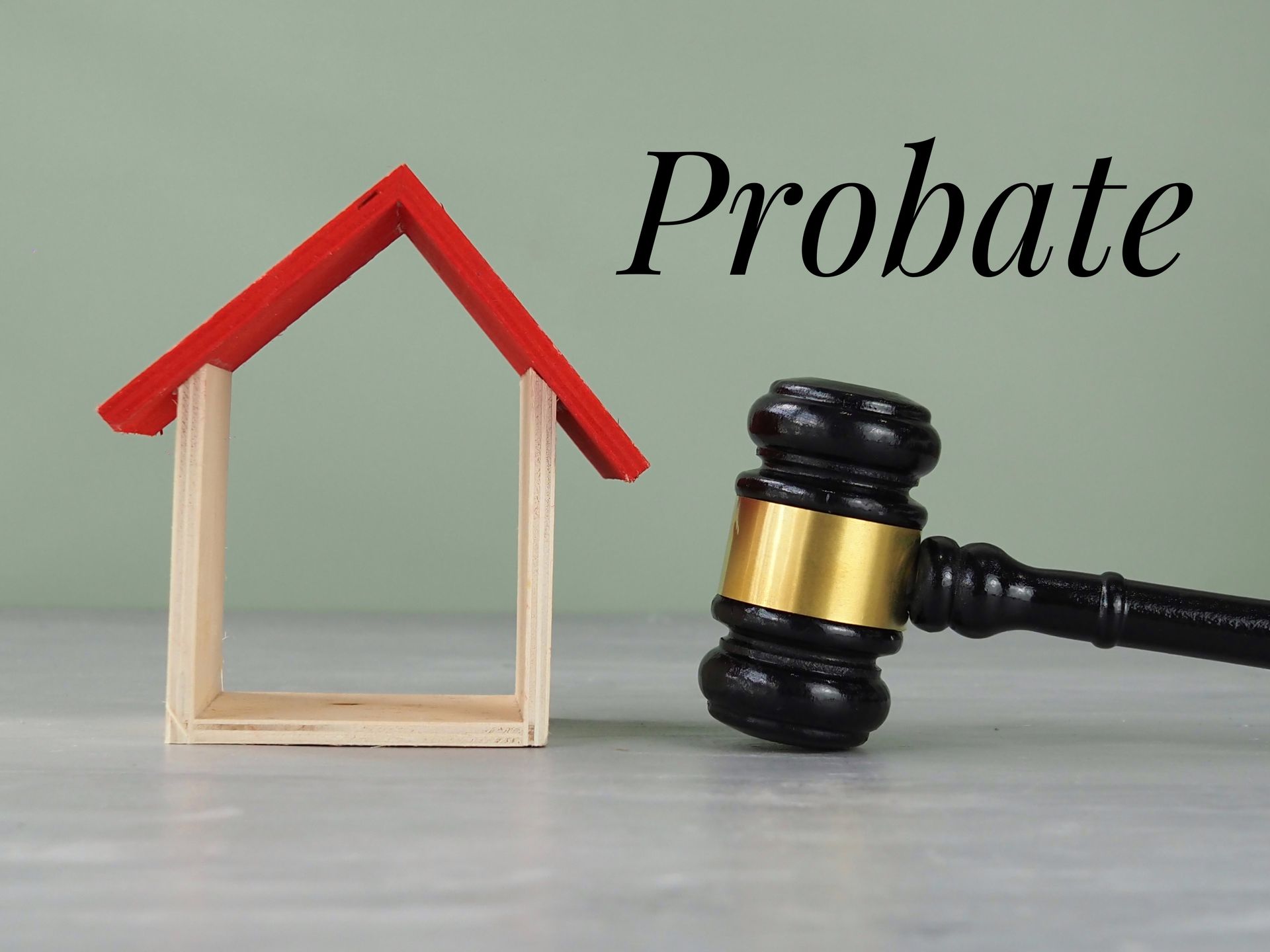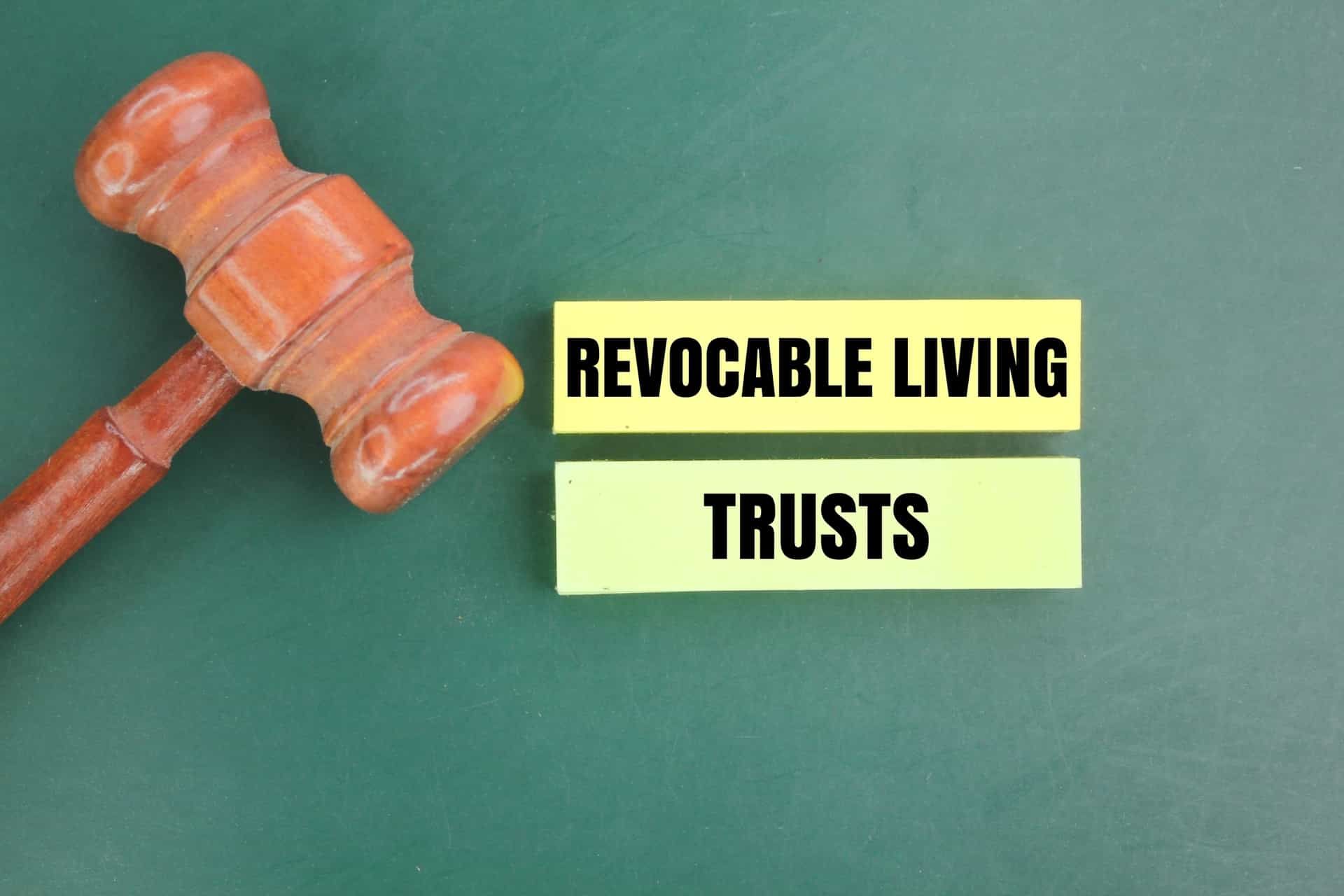The Florida Rules of Professional Conduct in a Nutshell
The Florida Rules of Professional Conduct are a set of rules that govern the professional conduct of attorneys in the state of Florida. These rules are enforced by the Florida Bar, which is the regulatory body for attorneys in Florida.
The rules are designed to protect the public from unethical or incompetent attorneys and to maintain the integrity of the legal profession. The rules cover topics such as conflicts of interest, client confidentiality, advertising, and fee splitting.
Attorneys who violate the rules can be disciplined by the Florida Bar, including being suspended or disbarred from practicing law. To learn more, we share an overview of the Florida Rules of Professional Conduct below.
The Responsibilities of a Lawyer
Every lawyer has a professional responsibility to uphold the integrity of the legal profession and to protect the public from unethical or incompetent attorneys. Lawyers must also comply with the rules and regulations of the state bar association to which they belong.
A lawyer’s first duty is to his or her client. This means that a lawyer must always act in the best interests of his or her client and put the client’s needs first. A lawyer must never lie to or mislead a client and must always be honest with a client about the strengths and weaknesses of a case.
A lawyer must also keep confidential all information relating to a client’s legal matters. This duty of confidentiality extends even after a lawyer-client relationship has ended.
Lawyers must also avoid conflict of interest. This means that a lawyer cannot represent two clients whose interests are in conflict with one another. For example, a lawyer who represents a criminal defendant cannot also represent the victim of the crime in a civil lawsuit.
A lawyer must also refrain from engaging in criminal or dishonest conduct. This includes any illegal or fraudulent activity, such as bribery, perjury, or forgery.
What Do the Florida Rule of Professional Conduct Convey?
The Florida Rules of Professional Conduct are a set of rules that govern the professional conduct of attorneys in the state of Florida. These rules are enforced by the Florida Bar, which is the state bar association for Florida.
The rules cover a wide range of topics, including a lawyer’s duties to his or her clients, the confidentiality of client information, and conflicts of interest. The rules also prohibit lawyers from engaging in criminal or dishonest conduct.
Violating the Florida Rules of Professional Conduct can result in disciplinary action by the Florida Bar, including suspension or disbarment from the practice of law.
Why Are the Florida Rules of Professional Conduct Important?
The Florida Rules of Professional Conduct are important because they help to ensure that lawyers in Florida adhere to high standards of ethical conduct. These rules protect the public from attorneys who may engage in unethical or illegal behavior.
The rules also help to ensure that lawyers treat each other with respect and professionalism. By following the rules, lawyers can maintain the integrity of the legal profession and uphold the public’s trust in the profession.
What Are the Florida Rules of Professional Conduct?
The Florida Rules of Professional Conduct are a set of ethical guidelines that all lawyers in Florida must follow. These rules cover a wide range of topics, including conflicts of interest, client confidentiality, and attorney-client relationships.
Some of the most important rules in the Florida Rules of Professional Conduct include:
1. Rule 4-1.1: Competence
2. Rule 4-1.2: Scope of Representation and Allocation of Authority Between Client and Lawyer
3. Rule 4-1.4: Communication With Persons Represented by Counsel
4. Rule 4-1.7: Conflict of Interest (Current Clients)
5. Rule 4-4.1: Truthfulness in Statements to Others
6. Rule 4-5.3: Responsibilities Regarding Non-lawyer Assistants
7. Rule 4-6: Public Service
If you have any questions about the Florida Rules of Professional Conduct, you should contact an experienced Florida attorney.
How Lawyers Uphold the Public Trust
The practice of law is a privilege granted by the state. In exchange for this privilege, lawyers must uphold public trust. They do this by adhering to the highest standards of ethical conduct and professional responsibility.
The Florida Rules of Professional Conduct are designed to ensure that lawyers maintain these high standards. These rules cover everything from how lawyers should handle client funds to how they should communicate with the opposing party in a legal proceeding.
By following these rules, lawyers help to ensure that the legal system runs smoothly and that justice is served.
When Do the Rules of Professional Conduct Apply?
The Rules of Professional Conduct apply to all attorneys who are licensed to practice law in the state of Florida. The rules govern the attorney’s conduct both in and out of court and apply to all aspects of the attorney-client relationship.
How Can Clients Enforce the Rules of Professional Conduct?
As a client, you are entitled to receive competent and ethical representation from your attorney. Clients who believe that their attorney has violated one or more of the rules of professional conduct can file a complaint with the Florida Bar. The Florida Bar will then investigate the complaint and, if warranted, take disciplinary action against the attorney.
Fortunately, most attorneys strive to abide by the rules of professional conduct and provide their clients with high-quality legal representation. However, if you believe that your attorney has violated one or more of the rules, you should not hesitate to file a complaint with the Florida Bar.
If you want to ensure that you’re getting the best legal representation possible, contact Doane & Doane today. Our experienced attorneys strive for the highest level of professionalism and excellence in all that we do. As such, you can trust that you’re in good hands when you work with us.
Get Expert Legal Representation—Call Doane & Doane
If you need legal assistance, don’t hesitate to call the experienced attorneys at Doane & Doane. We have a proven track record of success in a wide variety of legal matters, and we are here to help you get the outcome you deserve.
Whether you need help with a family law matter, are planning your estate, or have been injured in an accident, we can assist you. Don’t hesitate to call us today for a consultation.
Phone:
561-656-0200
The information in this blog post is for reference only and not legal advice. As such, you should not decide whether to contact a lawyer based on the information in this blog post. Moreover, there is no lawyer-client relationship resulting from this blog post, nor should any such relationship be implied. If you need legal counsel, please consult a lawyer licensed to practice in your jurisdiction.
Disclaimer: The information on this website and blog is for general informational purposes only and is not professional advice. We make no guarantees of accuracy or completeness. We disclaim all liability for errors, omissions, or reliance on this content. Always consult a qualified professional for specific guidance.
RECENT POSTS






